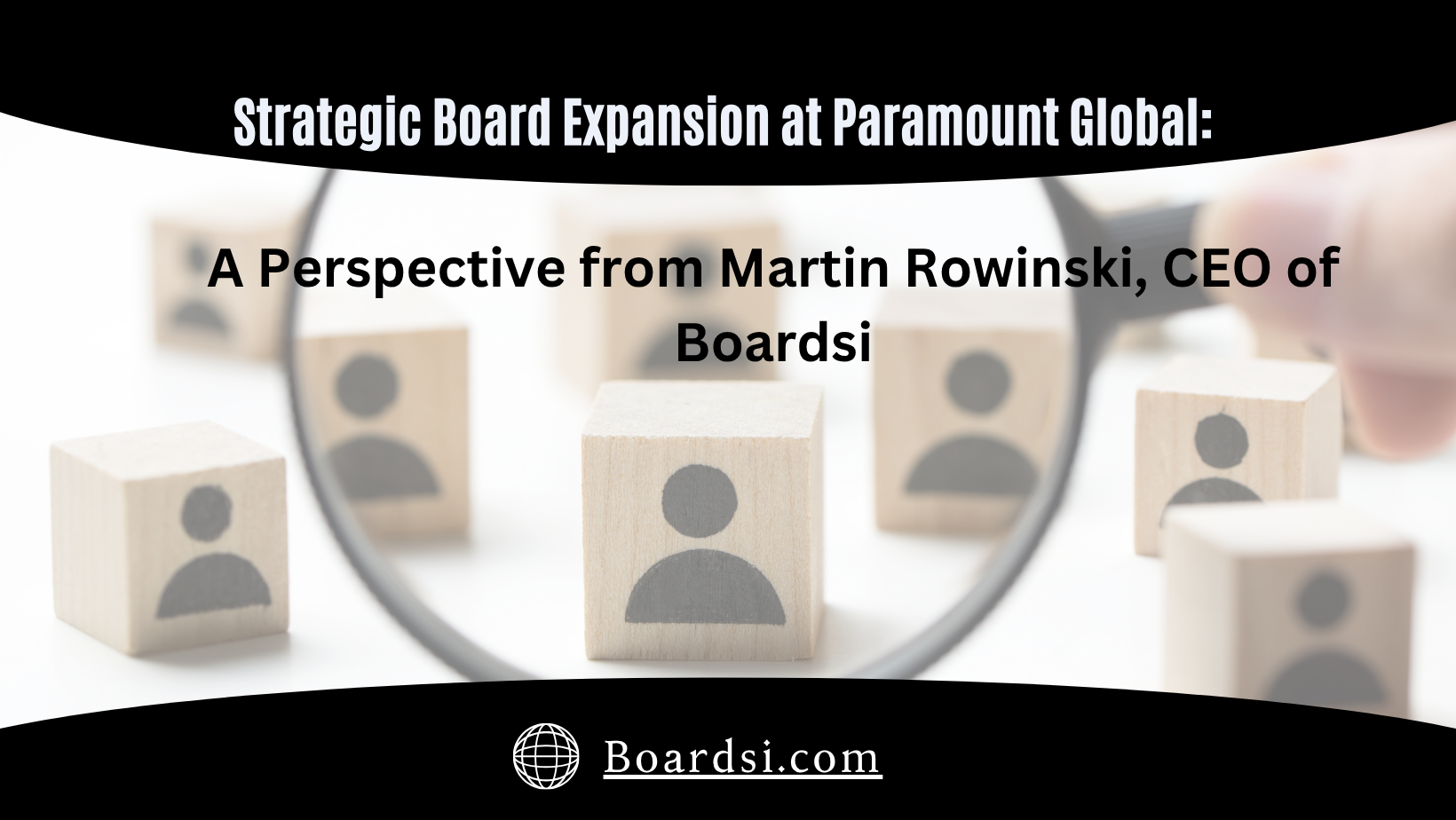Over the last three decades, leadership has undergone a remarkable transformation, mirroring the shifts in the business landscape and broader society. The traditional hierarchical models that once dominated the corporate world during the 1990s have given way to more inclusive, adaptable, and collaborative leadership approaches.
Let’s explore some noteworthy changes in leadership from the 1990s to the present:
- Emphasis on Collaboration: Previously, leaders held the sole responsibility of decision-making, while subordinates were expected to simply follow instructions. Today, collaboration takes center stage, with executives engaging in meaningful conversations and seeking input from team members.
- Flattening of Hierarchies: As leaders entrust their staff with increased responsibility and decision-making authority, the rigid hierarchical structures of organizations have become more flattened, promoting a sense of empowerment and ownership among employees.
- Inclusivity and Diverse Perspectives: Leaders now recognize the significance of diversity and actively seek diverse viewpoints. Consequently, workplaces and decision-making processes have become more inclusive and enriched with a range of perspectives.
- Flexibility: Modern leaders must exhibit adaptability and flexibility, swiftly responding to market and environmental changes. Comfort with ambiguity and uncertainty, coupled with an openness to embrace novel concepts and strategies, is crucial for success.
- Employee Engagement as Priority: In the past, executives primarily focused on achieving their own objectives. However, today’s leaders prioritize employee engagement, striving to foster a positive work environment that inspires and motivates their teams.
- Technological Acumen: Given the rapid transformation of the work landscape, effective leaders must be comfortable and well-informed about technology. Staying abreast of technological advancements is vital to navigate the evolving business environment.
- Emphasis on Corporate Responsibility: While financial results used to be the primary concern for CEOs in the past, there is now a heightened focus on corporate responsibility. Decision-makers recognize the value of considering social, environmental, and ethical factors alongside financial considerations.
In conclusion, the practice of leadership has undergone a significant evolution over the past 30 years, embracing more inclusive, adaptable, and collaborative philosophies. To effectively guide their organizations into the future, executives must continue to adapt, acquire new skills, and remain attuned to the ever-changing business landscape.
Source: LEADAFI









